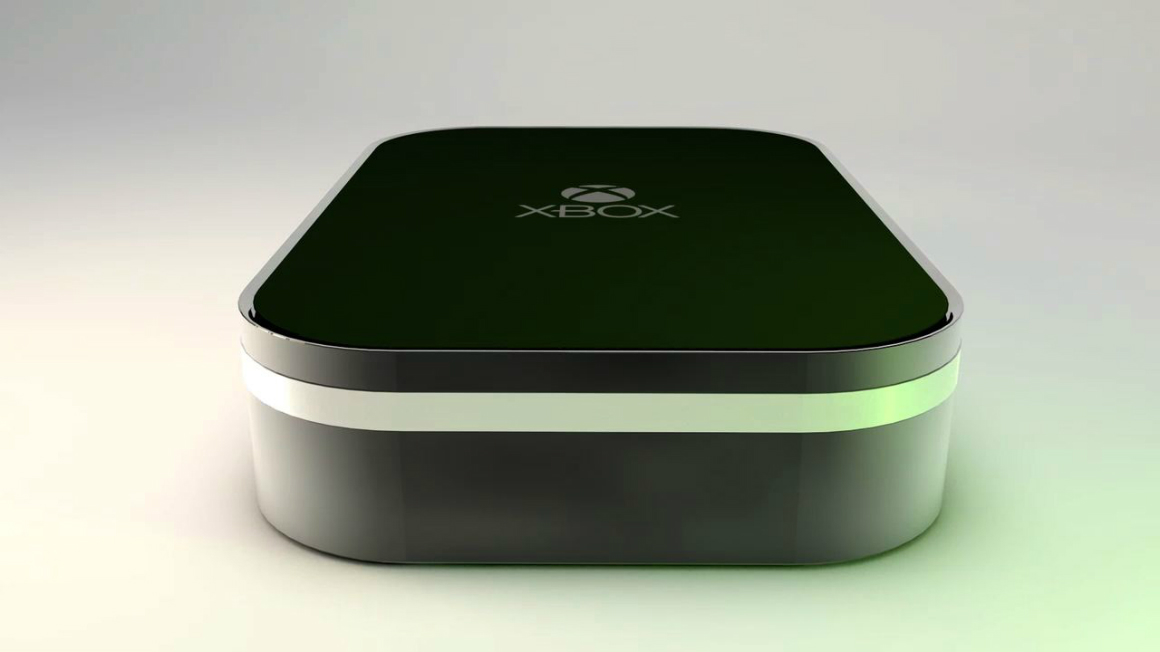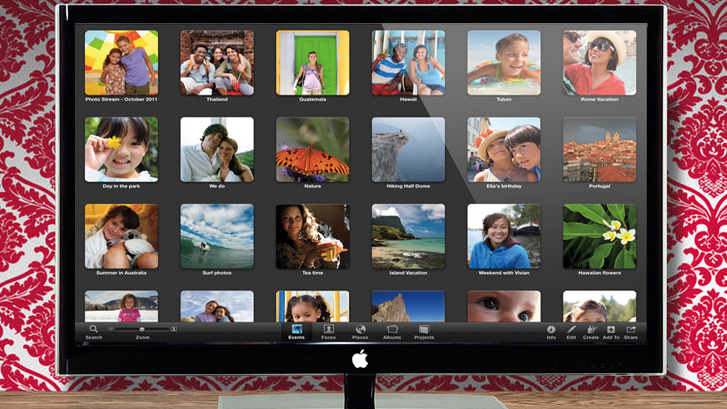Why the new Xbox will beat the Apple iTV to the Smart TV punch

On May 21 Microsoft is set to reveal the next Xbox console. In the wake of the well-received PlayStation 4 announcement back in February, Microsoft needs to impress the gaming press with its new machine, but the games press won't be the only interested observers and PlayStation is not the only competitor that Microsoft has in its sights.
For the Windows creator Xbox is no longer simply a gaming brand, it is an entertainment brand, and the console itself will be no mere games machine. The next Xbox is the Redmond giant's bid to kick start the Smart TV revolution and position Microsoft ahead of its rivals in the new battle for the living room.
Back in May 2010 Intel CEO Paul Otellini declared that the approaching Smart TV revolution would be "the biggest change since the move to colour". But fast forward less than a year and a half to October 2011 and the chip giant was already announcing its intention to drop out of the Smart TV market due to a lack of demand.
The television revolution that Intel and many others predicted has not really materialised. Although manufacturers have been offering smart sets for some time, consumer response has been muted at best.
Instead of picking up the latest Smart TV, people are opting for cheaper "vanilla" LCD displays and there is little evidence that those who do own smart sets are all that enamored with the extra bells and whistles they offer .
The Smart TV problem
The interfaces used to navigate existing Smart TVs are often clunky and inelegant, the services available are not really compelling enough to register beyond novelty status with customers, and the lack of a standardised platform is frustrating for developers.
The whole situation is not dissimilar to the state of the smartphone market before the arrival of the iPhone. Manufacturers were offering PDA-like devices but consumers were largely ignoring them in favour of smaller, cheaper phones.
Sign up for breaking news, reviews, opinion, top tech deals, and more.
As with Smart TVs today, the pre-iPhone efforts had clunky interfaces and fragmented software platforms with "crippled apps" as Steve Jobs referred to them at the original iPhone's unveiling. It took an extraordinary product with an all new user interface to finally usher in the true smartphone revolution, and we all know how that turned out.
So, when Steve Jobs talked about his desire to make an integrated television set in his biography and declared that "it will have the simplest user interface you can imagine, I finally cracked it", anticipation began to build. Surely another world-changing product from the company that brought us the mouse, the iPod, the iPhone and the iPad was just around the corner?
Perhaps it still is. Many believe that Apple's revolutionary TV is deep in development but that Apple is struggling to muscle in with the conservative TV networks to unlock content for it.

The other major problem for a dedicated Smart TV set is that you have to fundamentally alter people's buying behaviour. We are all accustomed to replacing our TVs every five to eight years and it would take a truly remarkable product to break this cycle.
Even the revolutionary iPhone, a breakthrough product which was genuinely remarkable when it was introduced, had the advantage of entering a market where people were very much accustomed to replacing their phones every couple of years.
The alternative approach to tackling the Smart TV problem is to circumvent the requirement to sell an all new TV to customers and opt for a connected box instead.
Smartening up our sets
With the right interface, the right platform and the right brand behind it, such a box could transform all of our existing sets into Smart TVs. It would still need to deliver that iPhone level wow-factor to finally break the Smart TV curse, but by augmenting our TVs rather than forcing us to replace them it could finally unleash the potential of Smart TV as a viable platform. This is where Microsoft's new Xbox comes in.